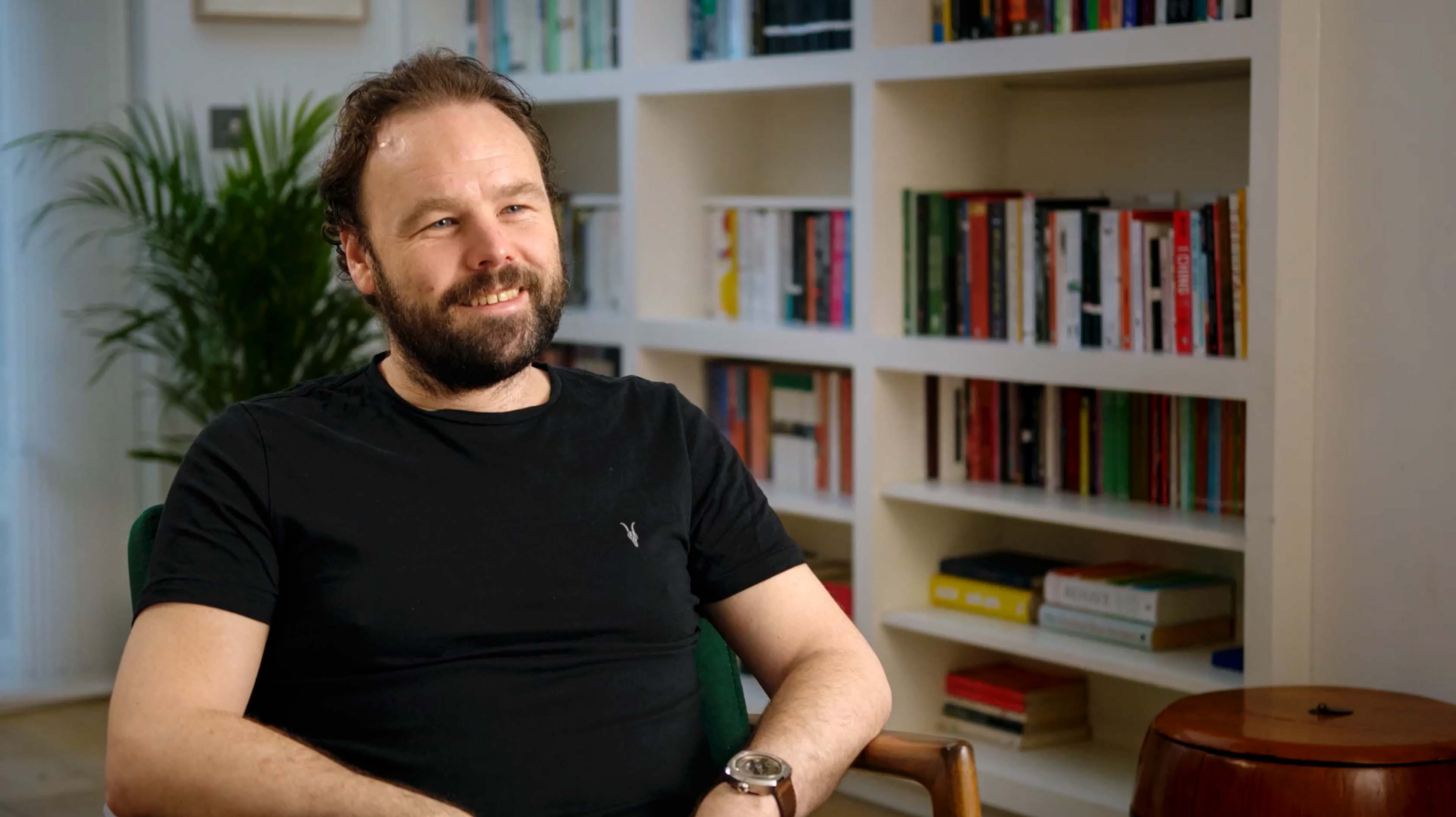
Culture and Scaling
Former CFO at Deliveroo & Finance Director, EMEA, Amazon
inpractise.com/articles/maintaining-cuilture-amazon-philipgreen
Why is this interview interesting?
- The role of weekly update meetings as one mechanism by which Amazon’s culture was continually ingrained in employee behaviour as the business scaled
Philip Green
Former CFO at Deliveroo & Finance Director, EMEA, Amazon
Interview Transcript
You’ve been involved in business success stories in organisations that have grown exponentially — how do you maintain culture in a fast-growing organisation?
Every day. Culture has to be managed. You can’t just let it happen because otherwise, at critical mass, if you keep hiring more people, they’ll naturally build a culture, which might not be the one you want in your organisation.
I would say, Amazon is the only company I’ve worked for that has actively managed that culture. My very first week at Amazon, based out in Munich, I get into the lift with Ralph, the MD of the Amazon business in Germany, wonderful guy. I get in the lift with a very experienced leader, and we’d just done our metrics review, this 120-page document, all the metrics. As a typical numbers guy, I’m super-excited, and Ralph asked me, “How did you find that meeting?”
It was my first week. This was my opportunity to give a balanced view but also try and get some airtime. This is my elevator pitch, quite literally. I go through diligently how the metrics could be better, how they could be linked. How I thought the team were on top of certain parts but other parts, I didn’t think they were. I thought, “I’ve just given this perfect answer.” So proud of myself.
And Ralph said, “Yeah, you’ve just completely missed the point of what that meeting’s about.” That was the fall-to-earth moment. I was like, “Oh, what just happened?” He said, “The reason for that meeting, it’s audit. It’s to make sure people keep their noses in the details of their business. Stay connected to the details because that’s where you really find out what’s going on.”
So, it’s a forcing function to stay connected, and the second thing is to teach culture. It’s about behaviour. What is it like to work here? It’s a teaching moment, a reinforcement of culture. That meeting happened in every single country, every single week, for an hour. Going through those metrics, but it’s not a metrics review. It’s a behavioural setting of how the organisation works.
If you take a massive step back, in the life of an organisation, that one week of metrics in itself isn’t going to change the organisation’s success. It’s like Liverpool losing the game last week; that one week doesn’t change it. But that moment to teach culture reinforces — or can destroy — an organisation. That repetitiveness of teaching culture is huge.
It’s every meeting you’re in, how you behave in that meeting, the language you’re using. It’s the one constant in an organisation; what is the culture you’re building? Reinforcing the behaviours. It’s hard to do, but if you do it, it just becomes the thing you do.
Copyright Notice
This document may not be reproduced, distributed, or transmitted in any form or by any means including resale of any part, unauthorised distribution to a third party or other electronic methods, without the prior written permission of IP 1 Ltd.
IP 1 Ltd, trading as In Practise (herein referred to as "IP") is a company registered in England and Wales and is not a registered investment advisor or broker-dealer, and is not licensed nor qualified to provide investment advice.
In Practise reserves all copyright, intellectual and other property rights in the Content. The information published in this transcript (“Content”) is for information purposes only and should not be used as the sole basis for making any investment decision. Information provided by IP is to be used as an educational tool and nothing in this Content shall be construed as an offer, recommendation or solicitation regarding any financial product, service or management of investments or securities.
© 2025 IP 1 Ltd. All rights reserved.


